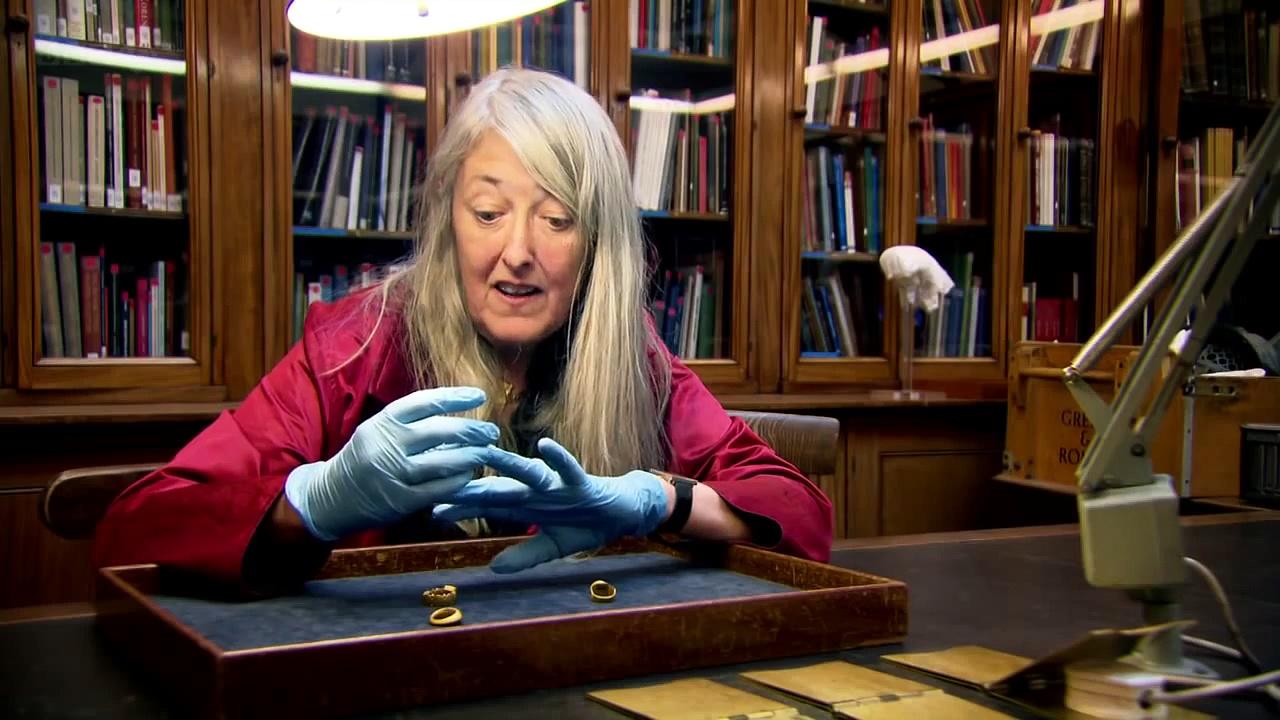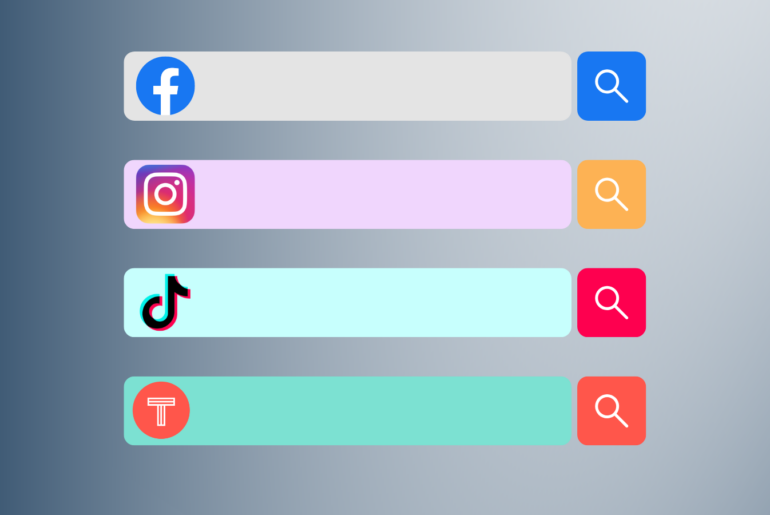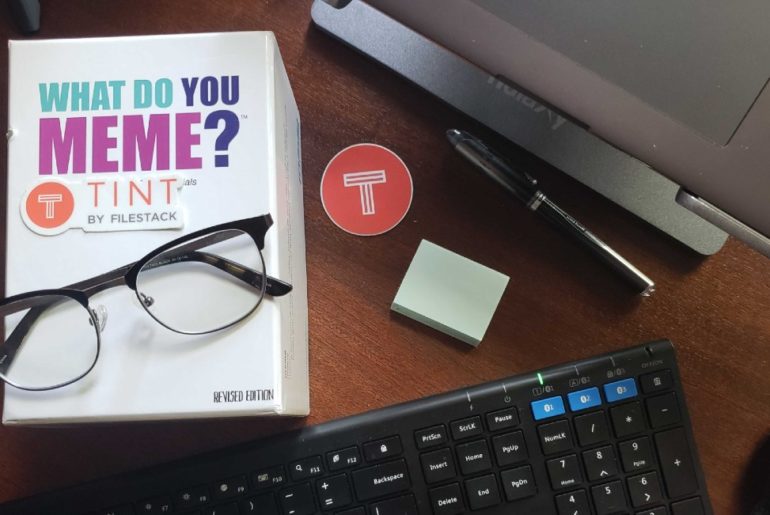Lindy West is no stranger to trolls. As a blogger who often writes about body image and feminism, she has been told that facing daily twitter harassment is just part of her job description. But then one troll took it too far: impersonating her father on twitter just a few short months after his death, to harass and shame West. On an episode about it on This American Life, West describes it as “the meanest thing anyone has ever done to me.”
For the first time, instead of ignoring her trolls, she pushed back: she wrote about it on Jezebel, describing how hurtful it was. And shockingly, the troll wrote back:
“Hey Lindy, I don’t know why or even when I started trolling you. It wasn’t because of your stance on rape jokes. I don’t find them funny either.
I think my anger towards you stems from your happiness with your own being. It offended me because it served to highlight my unhappiness with my own self.
….
I created the PaulWestDunzo@gmail.com account & Twitter account. (I have deleted both.)
I can’t say sorry enough.
….
I’m done being a troll. Again I apologize. I made donation in memory to your dad. I wish you the best.”
In short, her troll did what trolls never do. He apologized.
Trolling, which has been described as “recreational abuse” exists across all social media platforms. Some trolling is mild and relatively harmless while other trolling is pretty horrifying (I’m thinking at this particular moment of “RIP Trolling”). Twitter, which does not force users to tie their Twitter identities to their real identities, seems to have a particular problem with nasty, abusive trolling.
I was reminded of Twitter’s trolling problem a few days ago, when the hashtag #HowtoSpotaFeminist trended for several hours. It was not the internet’s finest moment. The hate speech on #HowtoSpotaFeminist is appropriately symbolic of Twitter’s broader trolling problem: those who are trolled most harshly and most often on the network tend to be women, often outspoken, who advocate for women’s rights. These women have become reluctant experts in dealing with internet hate speech. They ignore the common advice, “don’t feed the trolls” and take a more active stance against their aggressors – with surprising results.
In a blog for the Guardian, West wrote:
“Over and over, those of us who work on the internet are told, “Don’t feed the trolls. Don’t talk back. It’s what they want.” But is that true? Does ignoring trolls actually stop trolling? Can somebody show me concrete numbers on that? Anecdotally, I’ve ignored far more trolls than I’ve “fed”, and my inbox hasn’t become any quieter. When I speak my mind and receive a howling hurricane of abuse in return, it doesn’t feel like a plea for my attention – it feels like a demand for my silence.”
It turns out, sometimes “don’t feed the trolls” is not enough.
Taking Control of the Conversation
Mary Beard, a Professor of Classics at Cambridge, did not set out to be a troll slayer, but found herself thrust into it. A recent profile on her in the New Yorker describe her transition: “In recent years, and somewhat to her surprise, Beard has found herself cast in the very public role of a feminist heroine.”
As a professor, writer, and occasional TV personality, Beard has become a public figure, and by default, a lightening rod for those who feel that a graying, make-up free, unapologetically brainy woman has no place in the public sphere. The irony of this is great – last year Beard gave a fantastic lecture (the full hour of which you can watch on YouTube) titled “Oh Do Shut Up Dear,” where she takes her audience through a history of Western literature, beginning with the Odyssey, of men telling women that their voices are not to be heard in public. Essentially, Telemachus as the original troll.
When Beard received a hateful tweet from a twenty-year-old university student, she retweeted it to her 43,000 followers. She accompanied the graphic RT with a tongue-in-cheek apology to her followers:
Sorry about that nasty retweet. But I’m not going to be terrorised. Getting back to #caligula who’d not have been nice on twitter I suspect!
— mary beard (@wmarybeard) July 29, 2013
The tweet is brilliant for two reasons: it is strongly in Beard’s voice (a quirky familiarity with history that her followers love), and it brings the conversation back to the topic she was live tweeting — her T.V. series on Caligula. A quick peek at the replies to her tweet show how effectively she took control of the conversation – many of the replies muse about Caligula’s possible twitter presence.
After her RT, one of her followers offered to inform the student’s mother of his behavior and the troll … apologized.
Then he came to Cambridge and took Beard out to lunch to apologize again. Beard not only remains in touch with the student, she even writes letters of reference for him. “He is going to find it hard to get a job, because as soon as you Google his name that is what comes up,” she said. “And although he was a very silly, injudicious, and at that moment not very pleasant young guy, I don’t actually think one tweet should ruin your job prospects.”
Beard carries this attitude into all her dealings with internet trolls, and has risen to the fight. The New Yorker described how she handles the trolls:
“Beard’s zest for the online fray seems indefatigable. If there is a newspaper comments section excoriating her, readers may be surprised to come across comments from Beard, defending herself. If there is a thread praising her on Mumsnet, a popular British site for parents, she may pop up there, too, thanking her admirers. When she feels that she has been misrepresented in a newspaper article, she takes to her blog to explain herself further. If she gets into a Twitter spat, it is likely to be reported on by the British press, to whom she will give a salty, winning quote. When asked by the BBC what she would say to her university-student troll, she replied, “I’d take him out for a drink and smack his bottom.”
The lesson from Beard is this: be present when the internet starts talking about you. You’re reading it, so let them know you’re there. Defend yourself against attackers. Thank your admirers. Ignoring the conversation wins you nothing.
Trolling and Threats of Violence
Sometimes though, they just aren’t going to apologize. After Caroline Criado-Perez, a journalist and activist, successfully campaigned to have a woman represented on the British ten-pound note, she received multiple threats of rape and murder via Twitter. And by multiple, I mean “about 50 abusive tweets an hour for about 12 hours.” Terrified, she reported them to the police, and the troll who had sent the bulk of the threats ended up in handcuffs.
Last month, Twitter announced plans to tighten restrictions on trolls by including “indirect” threats of violence in their definition of abusive posts. It is unlikely that this came out of an altruistic desire to “prioritize their users before their bottom line,” as a recent Wired article described it. Rather, it was a very necessary move to keep the platform from bleeding users, turned off by the rampant trolling and abuse.
Several weeks earlier, in an internal memo, Twitter CEO Dick Costdolo wrote, “We suck at dealing with abuse and trolls on the platform and we’ve sucked at it for years…We lose core user after core user by not addressing simple trolling issues that they face every day.”
Anonymity on Twitter is a double edged sword – it has allowed for social activists facing controlling governments to organize civil disobedience, from Hong Kong to the Arab Spring, but has also hampered the platform. Many have pointed to Twitter’s slow growth over the past few quarters as an indication that trolling has harmed the network.
Victoia Beeching, an “internet ethicist” who also campaigned to have a woman on British currency, wrote about the slew of trolls she faced afterwards:
“Many complain that retweeting is not the way to deal with it: “don’t feed the trolls!” they say. But this advice means abuse happens in private. Shining a light on it by RTing some of the comments means the rest of social media have to see it and are made aware. It also means networks like Twitter can benefit from peer-to-peer ‘policing’ rather than just top-down authorities stepping in.”
Whether the responsibility to police trolling lies with the network, the police, or with the users on the network, one thing seems clear: there are many responses to trolls, and sometimes pushing back with a clever response or a well-timed RT can turn the tables.
Sometimes, trolls do apologize.




